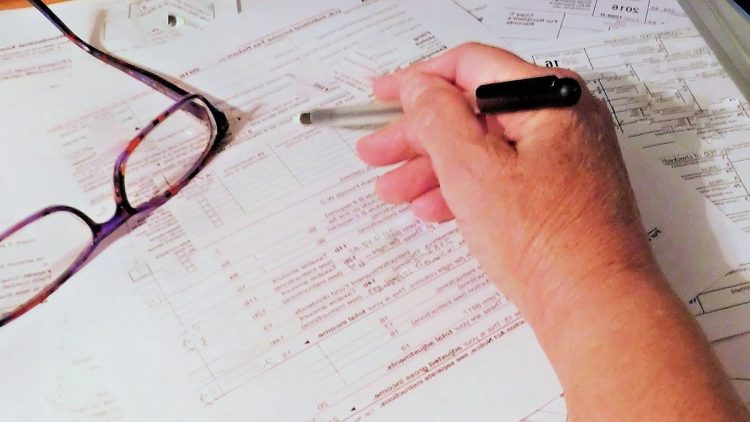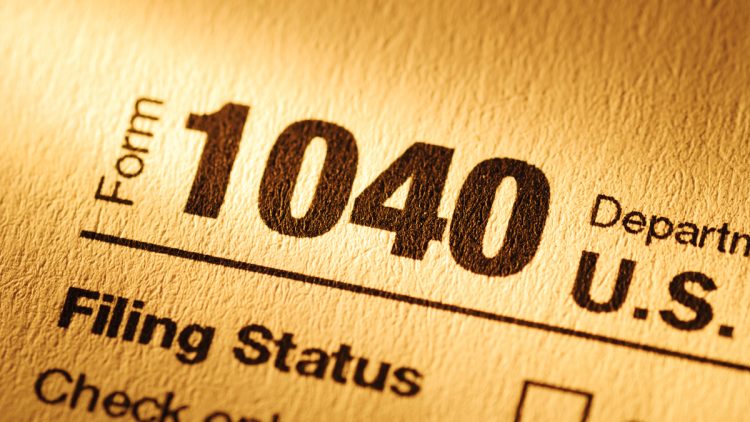If I Work Remotely Where Do I Pay Taxes?
Working remotely simply means you work somewhere other than your company’s office either some or all of the time. Working remotely, especially in a different state than your employer, will undoubtedly affect your tax situation. Let’s take a look at taxes when it comes to remote work.
How Do I Pay Taxes If My Employer Is Located In A Different State?
If your employer does operate out of another state, you typically will not have to pay two different sets of remote work taxes. Oftentimes, employee-based income taxes are based on the state where you generate your income, not where the revenue is ultimately generated.
However, there are a few states that double-bill individuals for taxes. These states are listed here:
- Connecticut
- Delaware
- Nebraska
- New York
- Pennsylvania
You can exempt yourself from this double taxation using the convenience rule, which says you may not have to pay twice if your employer requested you work in your current location.
How Can A Reciprocal Agreement Simplify State Taxes?
A reciprocal agreement exists between two states in order to simplify tax-gathering rules between one another. Under these terms, you will not need to file non-resident state tax returns. This means you only have to pay in one state.
As of the year 2023, there are 17 states that have reciprocal agreements, including the following:
- Arizona
- District of Columbia (DC)
- Illinois
- Indiana
- Iowa
- Kentucky
- Maryland
- Michigan
- Minnesota
- Montana
- New Jersey
- North Dakota
- Ohio
- Pennsylvania
- Virginia
- West Virginia
- Wisconsin
Non-Resident Vs Resident State Taxes
State taxes bill non-residents and residents differently. Here’s a quick look at how the two are different:
- Residents are taxed based on all income received while living in said state.
- Non-residents are taxed on the income they performed in the state and from sources of income received from those living in the state.
For instance, if you are a permanent resident living in Rhode Island, you will pay taxes on all income. However, if your employer is located in Nebraska, you will also pay taxes from that state.
If you happen to reside in multiple states and own a home in each of them, the place where you spend most of the year is considered your domicile state. Some states do not require any personal income tax, which means you do not have to pay there. You still have to file taxes for any income earned there most times, though.
Remote Work Taxes FAQ’s
Let’s take a look at some of the most common questions asked about taxes related to remote work.
Do I Still File Taxes In My Employer’s State If My State Has No Income Tax?
Always check your W-2 upon arrival. If your employer reserved income from your tax return in their state, but your state features no income tax, it means taxes have been withheld from your income. You may be eligible for a refund, at this time. In this example, you’ll want to file a return in that state.
Do I Need To File Taxes In Two States?
If your state and your employer’s state both feature income tax, be prepared to file in both states. You will file as a resident for the state that you reside in, and if taxes are withheld by your employer’s state, you will file a non-resident return for that state.
Are There Any Tax Deductions For Remote Workers?
You must be self-employed to deduct expenses related to your remote job. If you are working freelance or as an independent contractor, you can write off job-related expenses on your taxes.
Does Working Remotely Make Me Self-Employed?
No, working remotely is not the same as being self-employed. You are considered an employee if you receive a W-2 from your employer. Head to IRS.gov if you are unsure about your work status.
Do Remote Workers Qualify For Home Office Deduction?
This will be dependent on your employment status. For instance, the home office deduction only applies to self-employed taxpayers. You can write off a portion of your home office expenses if your situation qualifies you as an independent contractor.
Conclusion
This guide can be used as a great starting point for remote work taxes. However, you will certainly have to do more research when it comes to the two states of your choosing.
Tax Settlement in Mesa, Arizona
If you need IRS Debt Help, Tax Debt Settlements or Tax Debt Advising in Phoenix, Mesa or anywhere else, Tax Debt Advisors can help! Give us a call at 480-926-9300 or fill out our contact form for a free consultation.












